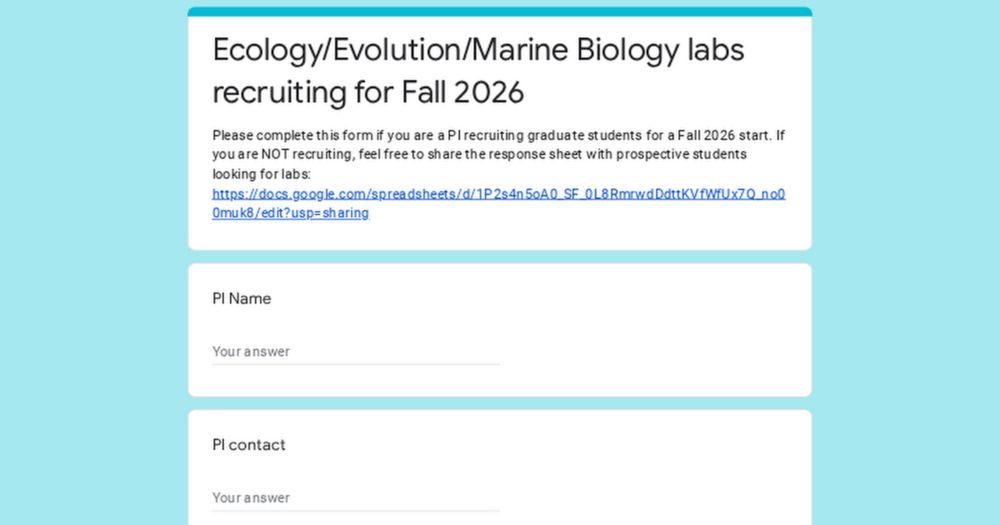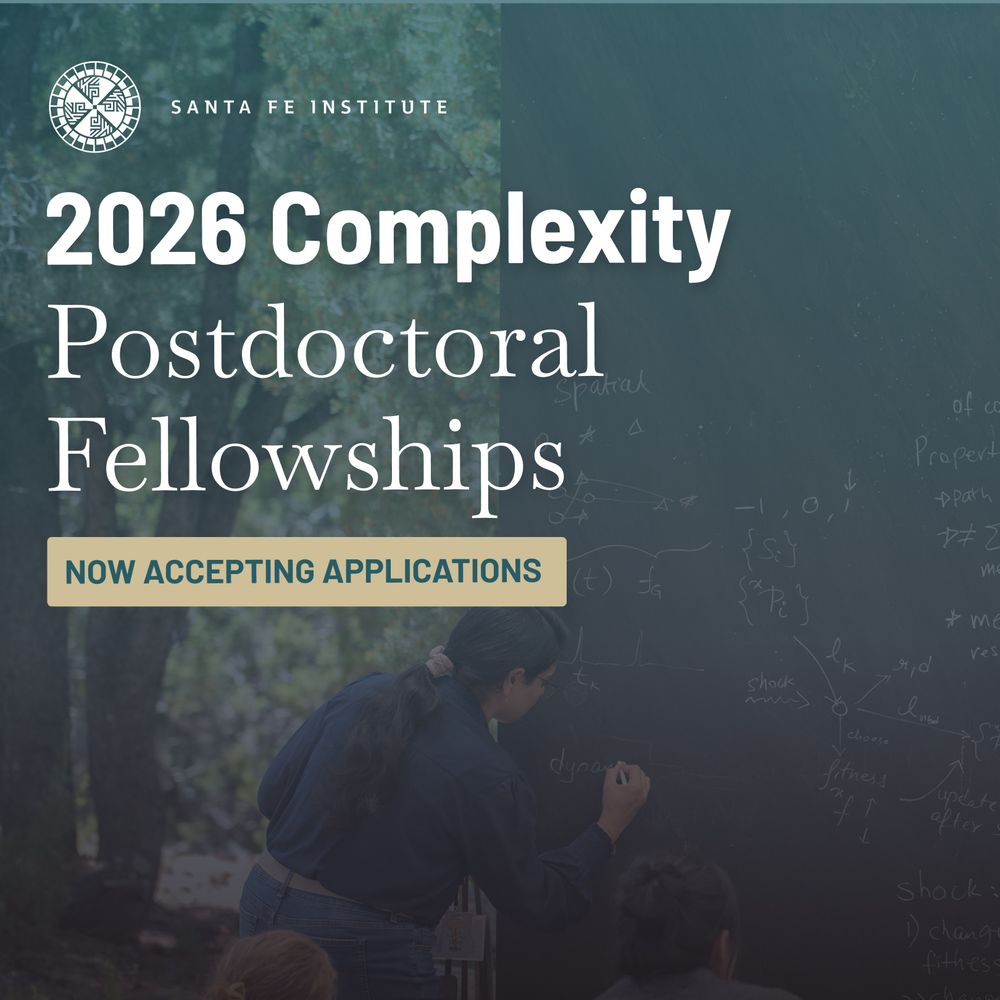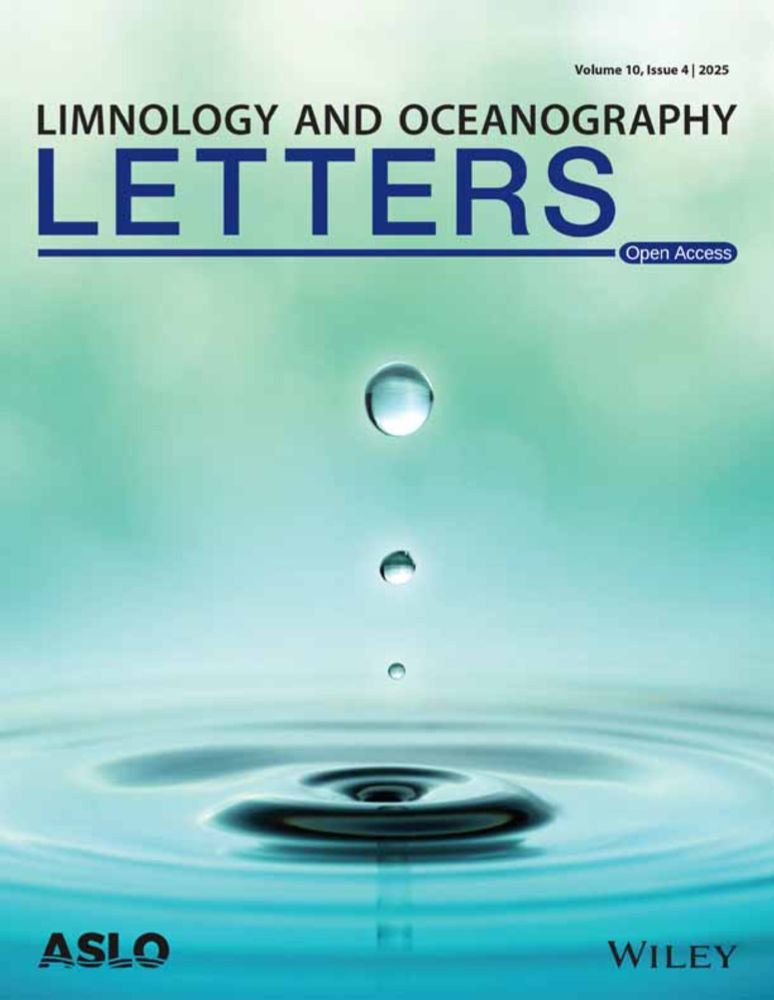
Sarah J Tucker
@sjtucker.bsky.social
190 followers
280 following
31 posts
Microbial ecology & evolution 🦠👩🏻🔬 interested in genomic, metabolic, and physiological diversity and their impacts on aquatic systems 🌊🏝️🐠
Keen on oligotrophs 💫
Post-doc @ MBL 🦀
Previous Knauss Fellow in Arctic Ocean Observing ❄️
https://sarahjtucker.com/
Posts
Media
Videos
Starter Packs
Pinned
Reposted by Sarah J Tucker
Reposted by Sarah J Tucker
Reposted by Sarah J Tucker
Eduardo Rocha
@epcrocha.bsky.social
· Aug 27
Sarah J Tucker
@sjtucker.bsky.social
· Aug 29
We have a winner! Verschlimmbessern - the German word for making things worse by trying to make them better.
It is a compound verb formed from two words: verschlimmern ("to make worse") and verbessern ("to improve")
The corresponding noun is die Verschlimmbesserung.
It is a compound verb formed from two words: verschlimmern ("to make worse") and verbessern ("to improve")
The corresponding noun is die Verschlimmbesserung.

a man in a sweater says thank you so much for this in yellow letters
ALT: a man in a sweater says thank you so much for this in yellow letters
media.tenor.com
Sarah J Tucker
@sjtucker.bsky.social
· Aug 25
Reposted by Sarah J Tucker
Reposted by Sarah J Tucker
Dr. Carly Kenkel
@drcarl.bsky.social
· May 15

Ecology/Evolution/Marine Biology labs recruiting for Fall 2026
Please complete this form if you are a PI recruiting graduate students for a Fall 2026 start. If you are NOT recruiting, feel free to share the response sheet with prospective students looking for lab...
forms.gle
Reposted by Sarah J Tucker
Daan Speth
@daanspeth.bsky.social
· Jun 16
I'm happy to announce the latest release of the GlobDB, available at globdb.org.
The GlobDB is a database of "species dereplicated" microbial genomes, and as of release 226 contains twice the number of species-representative genomes (306,260) than the latest GTDB release.
The GlobDB is a database of "species dereplicated" microbial genomes, and as of release 226 contains twice the number of species-representative genomes (306,260) than the latest GTDB release.
home | GlobDB
globdb.org
Reposted by Sarah J Tucker
Paul Carini
@uncultured.carinilab.com
· Jun 26
Cell cycle dysregulation of globally important SAR11 bacteria resulting from environmental perturbation https://www.biorxiv.org/content/10.1101/2025.06.25.661606v1
Reposted by Sarah J Tucker














